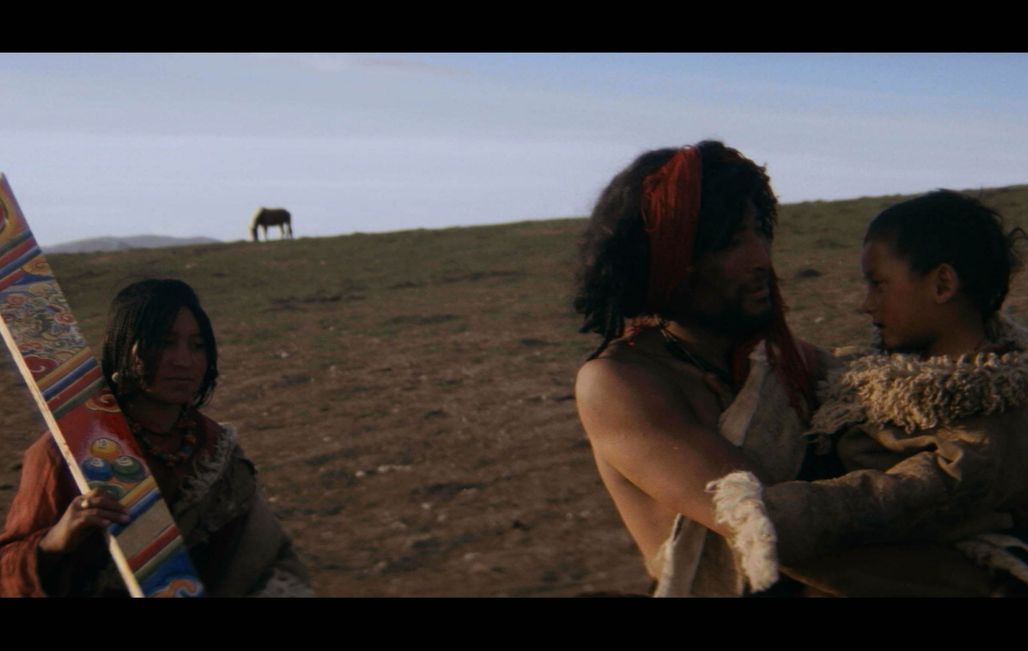
Tian Zhuangzhuang explores the soul of the Tibetan people in The Horse Thief

In 1986, the Chinese director captured the vital necessity of religious practice in Tibetan society in Dao Ma Zei (The Horse Thief), a feature film with a documentary feel, which was censored for its symbolic references to the Tibetan situation. The film is presented in a restored version as part of Cannes Classics.
Tibet, 1923. In a village on the East of the plateau, Norbu, a very devout shepherd, decides to steal horses despite his religious convictions, in order to meet the needs of his family. Unmasked and ostracised from the community, he is forced into exile with them. After the death of his ill son, Norbu begins to steal again, once more calling into question his relationship with his faith.
In Dao Ma Zei (The Horse Thief), his third film, Tian Zhuangzhuang radically changes his narrative ambition, now convinced that the power of the cinema lies more in its reflection through imagery. Shot partly in Tibet, the feature film turns into a cinemascopic, contemplative work in which time all but disappears, around a minimalist plot which explores the extent to which religion is rooted in the Tibetan community.
In long sequences devoid of dialogue, Tian Zhuangzhuang films the religious rituals of a people in a state of extreme poverty, who see divine intervention as the only way of ensuring their survival. Through the choices and innermost questions of Norbu, the main character, the film also reflects subtly on the sidelining of the Tibetan community in China.
Even though it suffuses the film in highly symbolic fashion, this stance earned Tian Zhuangzhuang the wrath of the Chinese authorities and resulted in censorship. They insisted the director cut some ritual scenes, adjudged too cruel, but also that the spectator be told, from the beginning of the film, that the story took place before 1950 – the date Chinese troops entered Tibet.


